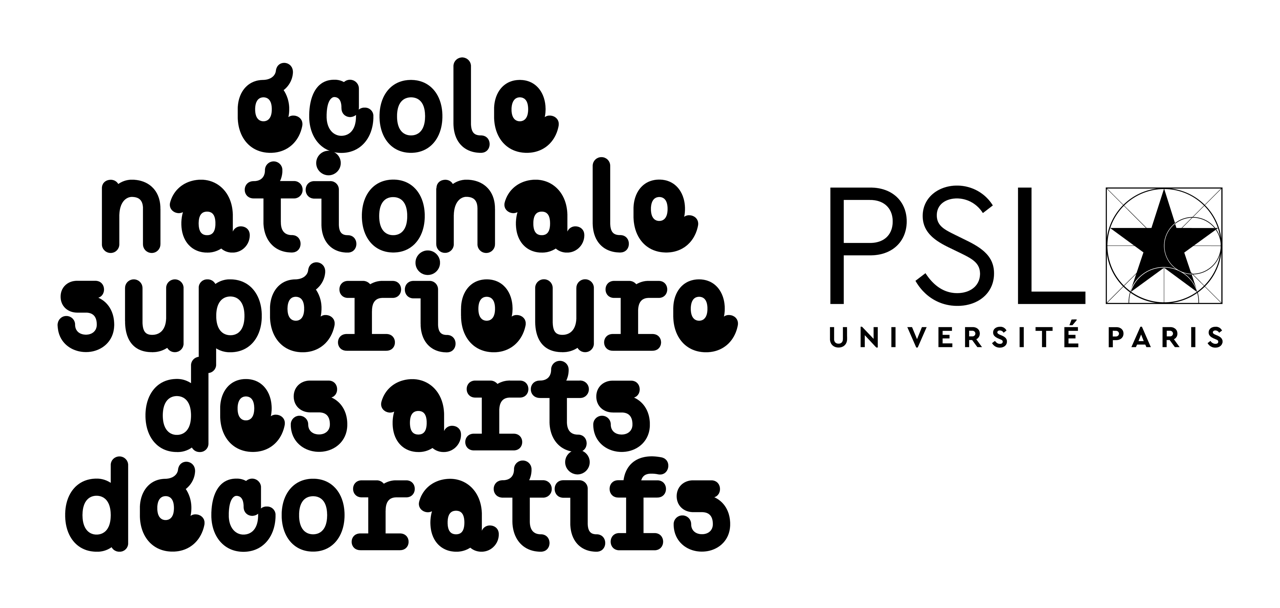
Guillemette Legrand uses the practice of machine-fictioning to explore the (im)materiality of emerging information technologies and their capacity to form contexts enabling the naturalisation of specific belief systems. Their work can be described as an artistic mobilisation of algorithmic knowledge and its infrastructure, where their goal is to re-imagine their potentialities and frictions through fostering embodied and situated environments (both physical and virtual) to engage with a public.
The work often takes the shape of multimedia installations, game-environments and experimental presentations, which have been exhibited at the V&A (London, UK), V2_ Lab for the Unstable Media (Rotterdam, NL), the 4th Istanbul Biennale (Istanbul, TR), LUMA (Arles, FR), Design Museum (London, UK), among other international locations.
In 2020, they initiated a transdisciplinary research project Spectral Plain that seeks to readjust the relationship between scientific knowledge and the modelling of the Earth in the production of world-imaginaries.
They are now PhD candidate at SACRe-PSL within the Reflective Interaction Group of EnsadLab. Her PhD project Climate Cosmograms examines the cosmological dimension of climate images, inquiring how they become more-than scientific representations that also portray political and socio-cultural imaginaries of the Earth. The project researches the visual literacies of design and technological systems through a critical examination of current climate-imaging practices, in order to propose other possible forms of climate visuality and imaginaries. This practice-based research starts with the proposal that current climate images are not neutral representations but act as visual proxies of a complex, autonomous, and speculative modelling system that mediate, hierarchise, and politicise climate data. Climate images used within the Intergovernmental Panel on Climate Change reports are produced to inform climate governance, which the project argues, construct imaginaries that reframe people’s political and socio-cultural relationship to the earth. Through examining this reframing, this project proposes to study the tacit role of design and its AI-aided automation by looking at three different realities of the earth that coexist in the imaging of climate; the sensing of the earth biochemical substrate; its computational modelling; and finally the visualisation of this data. Climate cosmograms ask what are the visual practices of climate images? How do they construct and disseminate cosmological imaginary(ies)? And how can creative practices help to critically mobilise current climate-imaging operations to propose other mediums to simulate the climate and its imaginaries? The hypothesis of the project is that by using the medium of cosmograms–a cultural incarnation of the earth–as a research lens, I will be able to document, counter, enrich, and diversify climate visuality and imaginaries. The project proposes to research the design and geo-computational practices of modelling the earth through participatory and practice-based design methods.
Web Site: https://studiolegrandjager.com
